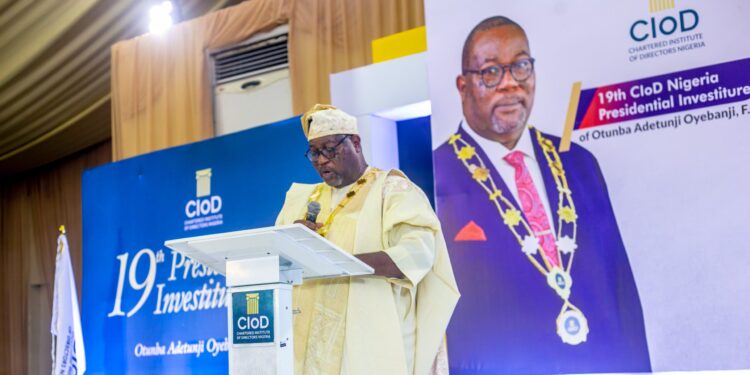The Chief Executive Officer of 11PLC, Otunba Adetunji Oyebanji, has raised concerns that Nigeria’s recent tax reforms, particularly the sharp increase in capital gains tax (CGT) for companies, could deter major investments in the country.
Speaking in Lagos ahead of the 2025 Annual Directors’ Conference, Oyebanji said the rise in CGT from 10% to 30% under the newly enacted Nigeria Tax Act (NTA) may make the economy less attractive for high-capital projects.
“One of the areas we focused on was the capital gains tax which has increased significantly. We are concerned that the economy is now more sensitive to high capital investments because some of the reliefs for the lower level of capital gains tax that existed before are going to be removed.”, Oyebanji said.
Concerns Over Technology Burden for SMEs
Beyond the tax rate hike, Oyebanji also highlighted the challenges posed by new tax reporting requirements, warning that small and medium-sized enterprises (SMEs) could be disproportionately affected if the reforms are implemented without a transitional period.
“Meeting the new tax reporting requirements will involve certain technology needs, including computers and digital systems, which may be a burden for small and medium-sized enterprises,” explained Oyebanji, who is also the President of the Chartered Institute of Directors (CIoD).
“Implementing the reforms too quickly could put pressure on smaller businesses and affect their operations.” He added.
Engagement With FIRS
According to Oyebanji, the institute has been engaging with agencies such as the Federal Inland Revenue Service (FIRS) and the Lagos State Tax Authority to provide constructive feedback.
While he acknowledged that the reforms were designed to improve governance, raise revenue, and stimulate growth, he stressed the importance of balancing these goals with the realities of doing business in Nigeria.
“We advised that there should be a transitional period so that smaller businesses can manage the financial and technical implications of these reporting requirements,” he added.
What You Should Know
On June 26, 2025, President Bola Ahmed Tinubu signed four major tax reform bills into law: the Nigeria Tax Act (NTA), the Nigeria Tax Administration Act (NTAA), the Nigeria Revenue Service Act (NRSA), and the Joint Revenue Board Act (JRBA).
- Collectively referred to as “the Acts,” the laws represent a sweeping overhaul of Nigeria’s tax system aimed at boosting revenue generation, enhancing the business environment, and improving tax administration across federal, state, and local levels.
- Under the new NTA, companies will now pay 30% on capital gains, aligning CGT with the corporate income tax rate. For individuals, capital gains will be taxed based on their applicable progressive income tax band. The federal government argues that the reform will reduce tax arbitrage opportunities and strengthen equity in the tax system.
However, business leaders like Oyebanji have cautioned that while the reforms may increase government revenues, they must also protect investor confidence and support the growth of SMEs, which form the backbone of Nigeria’s economy.












